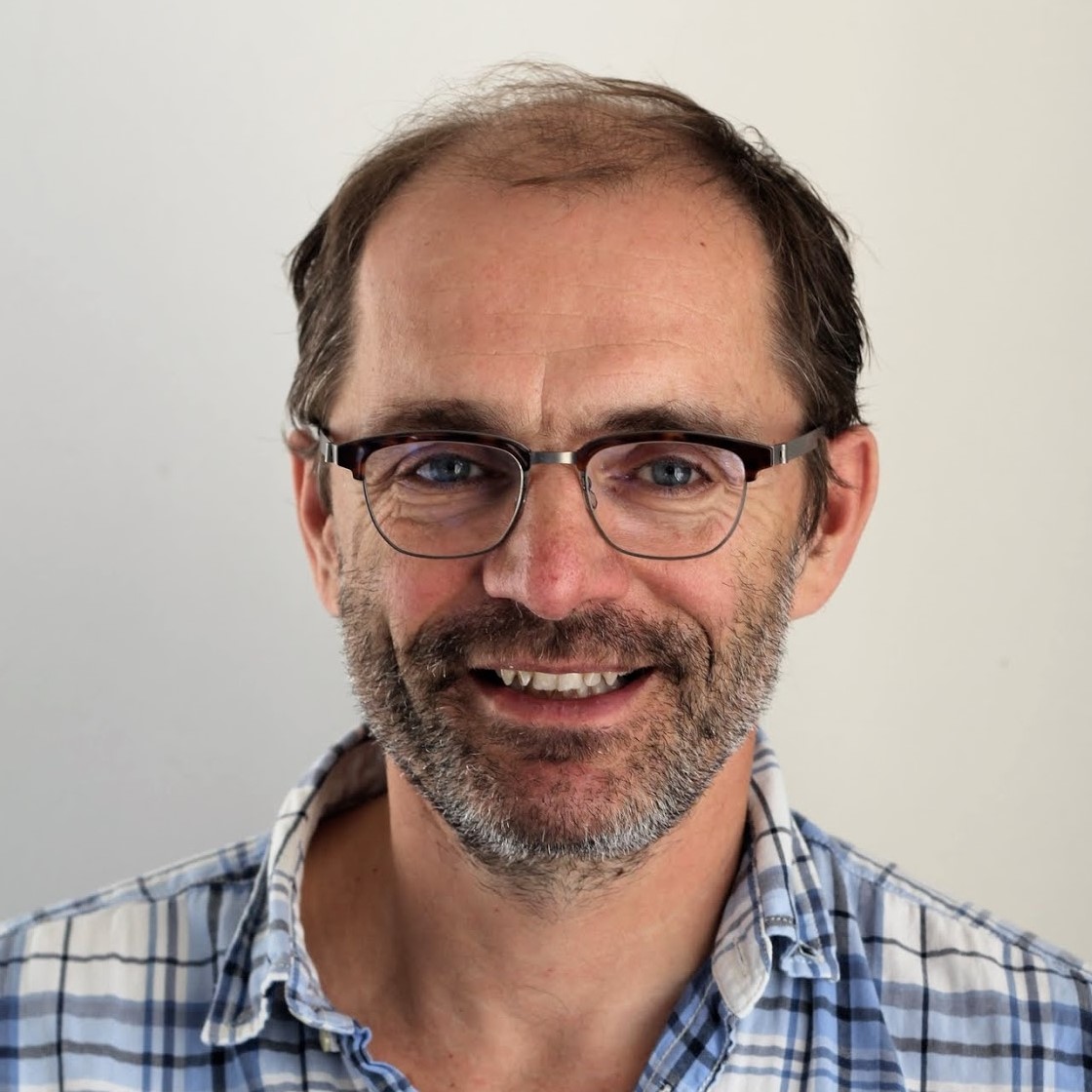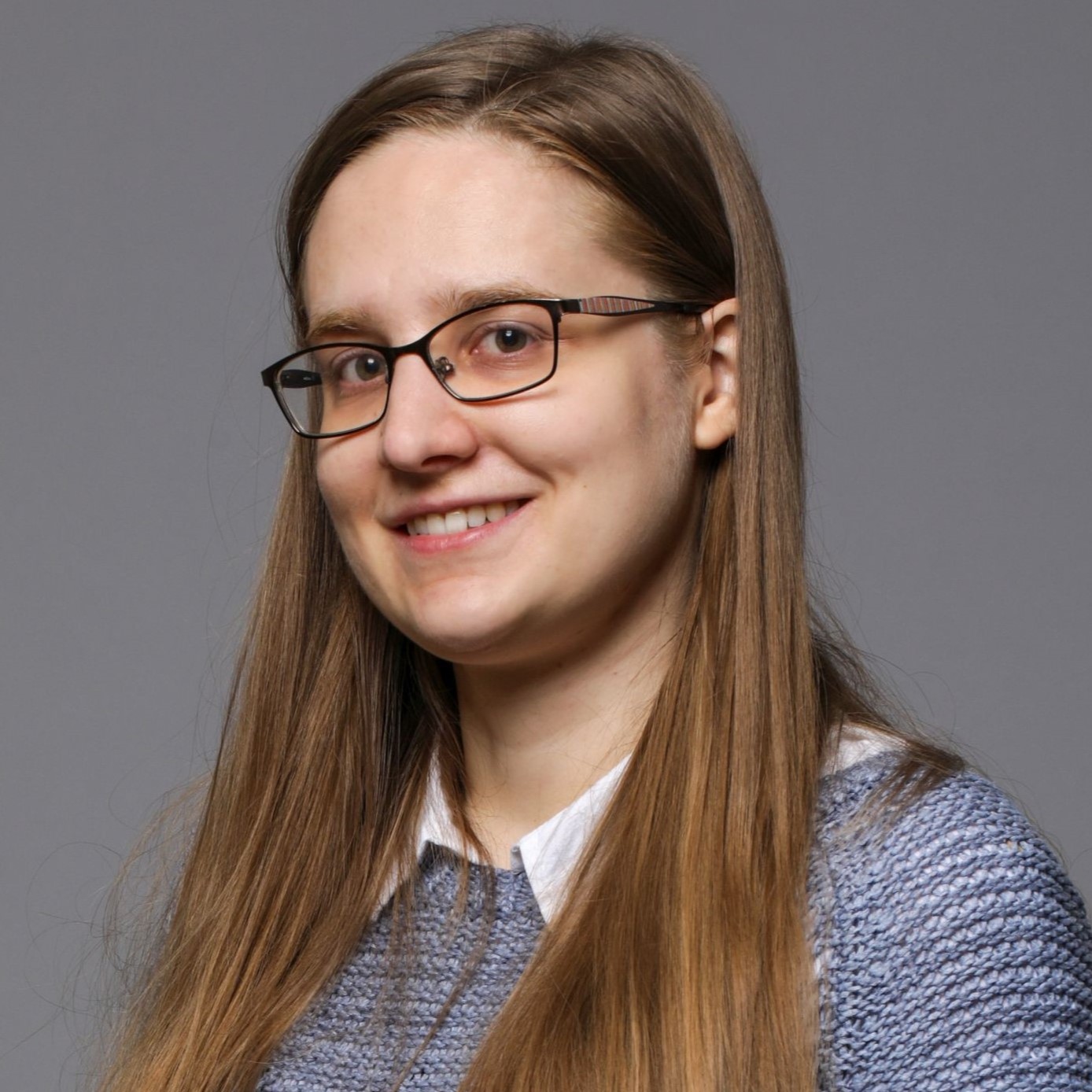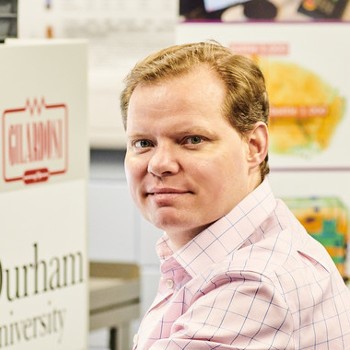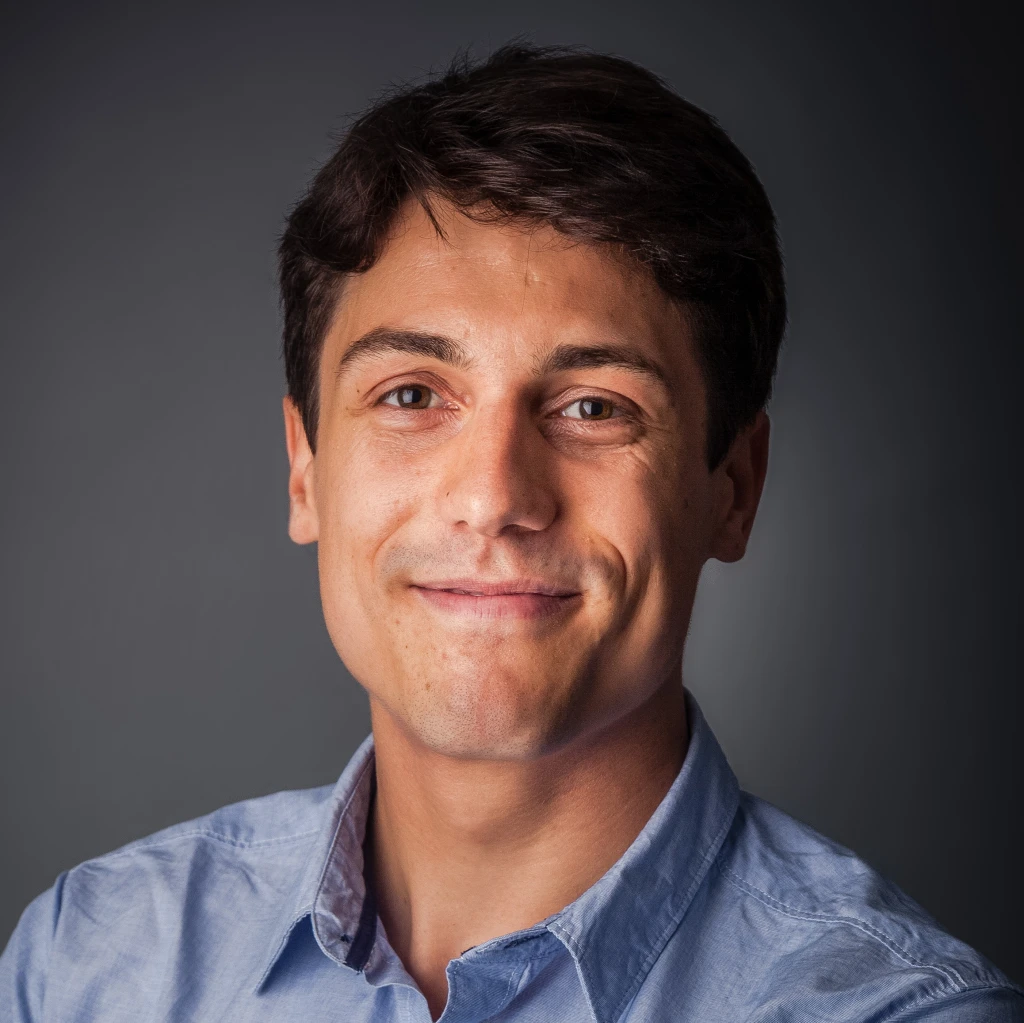Speakers

Jiří Matas
Jiří Matas is the head of the Visual Recognition Group at the Center for Machine Perception, CTU Prague. His research interests include various facets of visual recognition and reconstruction, with a recent focus on adapting non-differentiable objectives or replacing them with suitable surrogates. He has received several best paper awards at international conferences on computer vision. He is a co-author of several international patents and a co-founder of a spin-off and a start-up company.
Prof. Matas has been a partner in EU collaborative research projects and an evaluator for ERC and EU FP proposals. He contributes as an editor of leading journals in computer vision and pattern recognition.
Topic of Talk: Robust Recognition with Image Decomposition

Petra Bevandić
Petra Bevandić has completed her MSc degree in 2014 and worked as a software developer till 2017. She defended her PhD thesis in open-set semantic segmentation at UniZg-FER in 2023. She is currently at the University of Bielefeld where she received NRW KI-Starter funding for her project Leveraging class relations for multi-dataset semantic segmentation. Her research addresses robust and interpretable dense recognition models, multi-dataset and multi-modal training, and transferability across tasks and domains. Her achievements include an Editor's Choice Article in Image Vision and Computing, and the best paper at the BMVC 2022 Workshop on Universal Representations in Computer Vision.
Topic of Talk: Addressing Incompatible Taxonomies for Effective Multi-Dataset Training

Toby Breckon
Toby Breckon is Professor of Computer Vision, and Head of Visual Computing, at Durham University where he leads research spanning sensing for autonomous road vehicles, robotic perception, automated visual surveillance and security X-ray image understanding with a strong emphasis on generalized machine learning and pattern recognition techniques.
Work from his research team has had significant impact in the aviation security sector, securing 500+ million passengers globally per annum, within the advent of multi-modal wide-area surveillance (UK SAPIENT programme, 2013-2016; MoD Grand Challenge - R.J. Mitchell Trophy, (2008), IET Innovation Award (2009)) and in sensing systems for future intelligent transport. He received the Royal Photographic Society Selwyn Award for early-career contribution to imaging science (2011).
Prof. Breckon holds a PhD in informatics (computer vision) from the University of Edinburgh. He has been a visiting member of faculty at the Ecole Supérieure des Technologies Industrielles Avancées (France), Northwestern Polytechnical University (China), Shanghai Jiao Tong University (China) and Waseda University (Japan).
Prof. Breckon is a Chartered Engineer, Chartered Scientist and Fellow of both the British Computer Society (FBCS) and Institute for Engineering & Technology (FIET). In addition, he is an Accredited Senior Imaging Scientist and Fellow of the Royal Photographic Society (ASIS FRPS).
Topic of Talk: Object-wise Out of Distribution & Anomaly Detection Meets Real-World Complexity

Robert Geirhos
Dr. Robert Geirhos is a Research Scientist at Google DeepMind, located in Toronto. He obtained his PhD on comparing human and machine vision from the University of Tübingen and the International Max Planck Research School for Intelligent Systems, where he worked with Felix Wichmann, Matthias Bethge and Wieland Brendel. His research has received the ELLIS PhD award and an Outstanding Paper Award at NeurIPS. Inspired by research on human visual perception, Robert aims to develop a better understanding of the hypotheses, biases and assumptions of modern machine vision systems, and to use this understanding to make them more robust, interpretable and reliable.
Topic of Talk: OOD Generalization with Generative Models
Schedule
Workshop Date: 27 November 2024
Location: Scottish Exhibition Centre, Glasgow
| Time | Topic |
|---|---|
| 9:00 - 9:15 | Welcome |
| 9:15 - 9:50 | Invited Talk 1: "Robust Recognition with Image Decomposition" – Jiri Matas |
| 9:50 - 10:25 | Invited Talk 2: "Addressing Incompatible Taxonomies for Effective Multi-Dataset Training" – Petra Bevandic |
| 10:25 - 10:40 | Contributed Talk 1: 1) "UMAD: Unsupervised Mask-Level Anomaly Detection for Autonomous Driving" - Daniel Bogdoll, Noël Ollick, Tim Joseph, Svetlana Pavlitska, J. Marius Zöllner |
| Short break | |
| 11:00 - 12:00 | Contributed Talks 2-5: 2) "Unsupervised Feature Orthogonalization for Learning Distortion-Invariant Representations" - Sebastian Doerrich, Francesco Di Salvo, Christian Ledig 3) "Hybrid Video Anomaly Detection for Autonomous Driving" - Daniel Bogdoll, Jan Imhof, Tim Joseph, Svetlana Pavlitska, J. Marius Zoellner 4) "Unsupervised Class Incremental Learning using Empty Classes" - Svenja Uhlemeyer, Julian Lienen, Youssef Shoeb, Eyke Hüllermeier, Hanno Gottschalk 5) "Uncertainty and Prediction Quality Estimation for Semantic Segmentation via Graph Neural Networks" - Edgar Heinert, Stephan Tilgner, Timo Palm, Matthias Rottmann |
| 12:00 - 12:35 | Invited Talk 3: "Object-wise Out of Distribution & Anomaly Detection Meets Real-World Complexity" – Toby Breckon |
| Lunch break | |
| 14:05 – 14:50 | Contributed Talks 6-8: 6) "Impact of Surface Reflections in Maritime Obstacle Detection" - Samed YALÇIN, Hazım Kemal Ekenel 7) "Patchhealer: Counterfactual Image Segment Transplants with chest X-ray domain check" - Hakan Lane, Michal Valko, Grace Guo, Veda Sahaja Bandi, Nandini Lokesh Reddy, Stefan Kramer 8) "A Study on Unsupervised Domain Adaptation for Semantic Segmentation in the Era of Vision-Language Models" - Manuel Schwonberg, Claus Werner, Hanno Gottschalk, Carsten Meyer |
| 14:50 – 15:30 | Round table discussion: Petra Bevandić - Bielefeld University Toby Breckon - Durham University Fabian Hüger - CARIAD Jiří Matas - CTU Prague Moderator: Hanno Gottschalk - TU Berlin |
| Short break | |
| 15:45 - 16:30 | Challenge Session: "OOD Tracking on Videos" |
| 16:30 – 17:05 | Invited Talk 4: "OOD Generalization with Generative Models" – Robert Geirhos |
| 17:05 - 17:30 | Best paper award, wrap up and closing remarks |